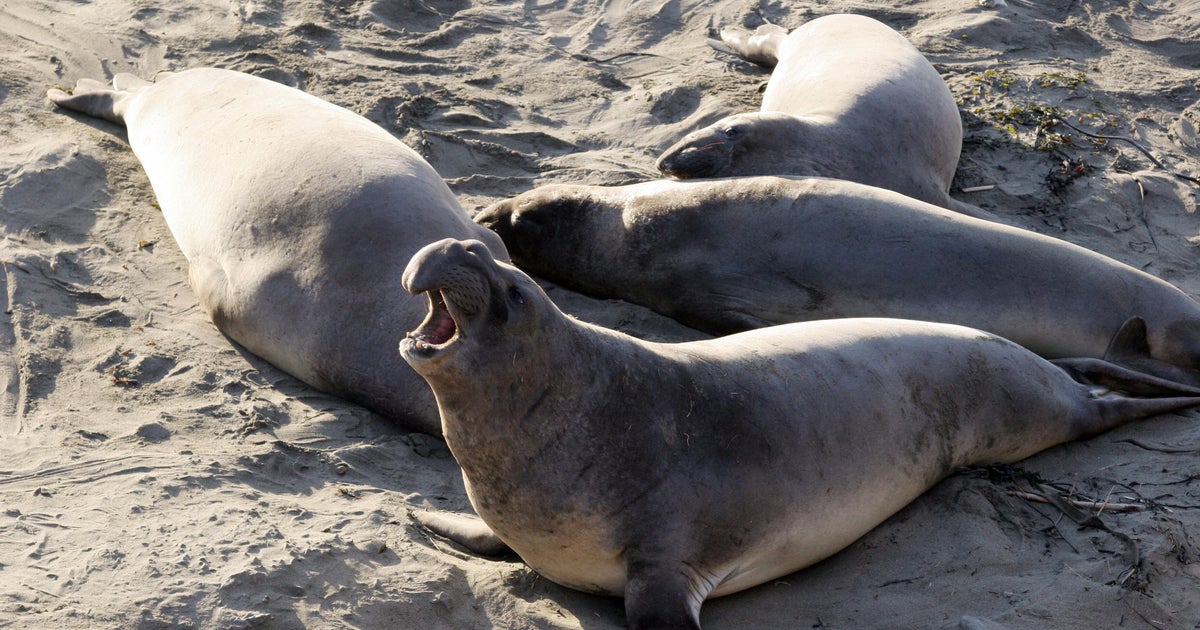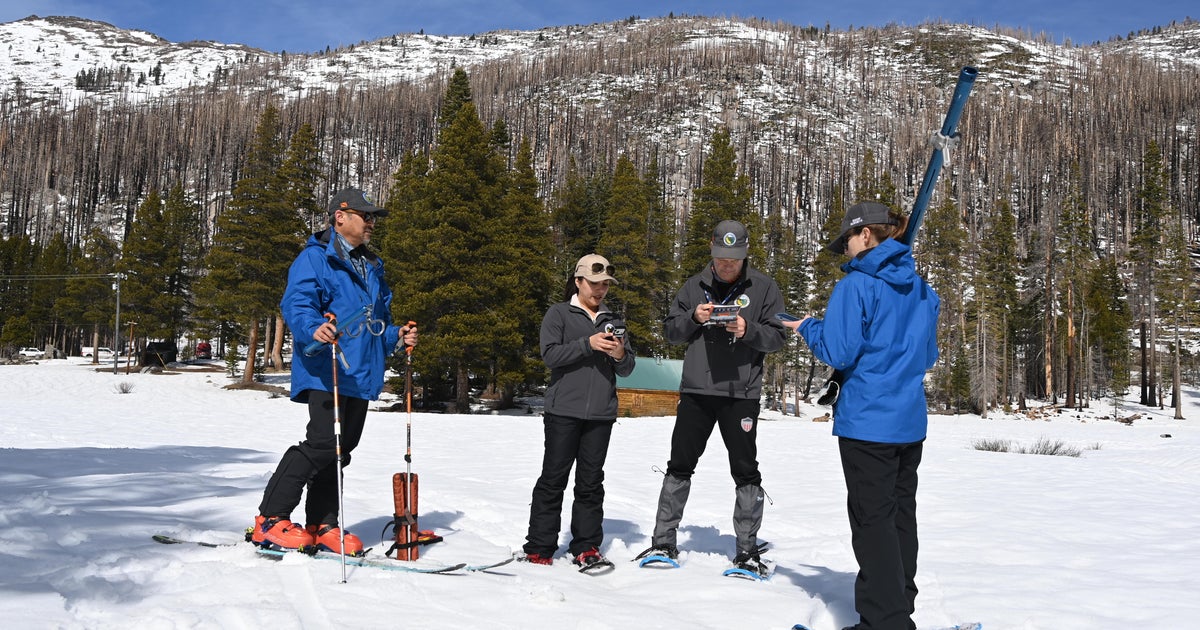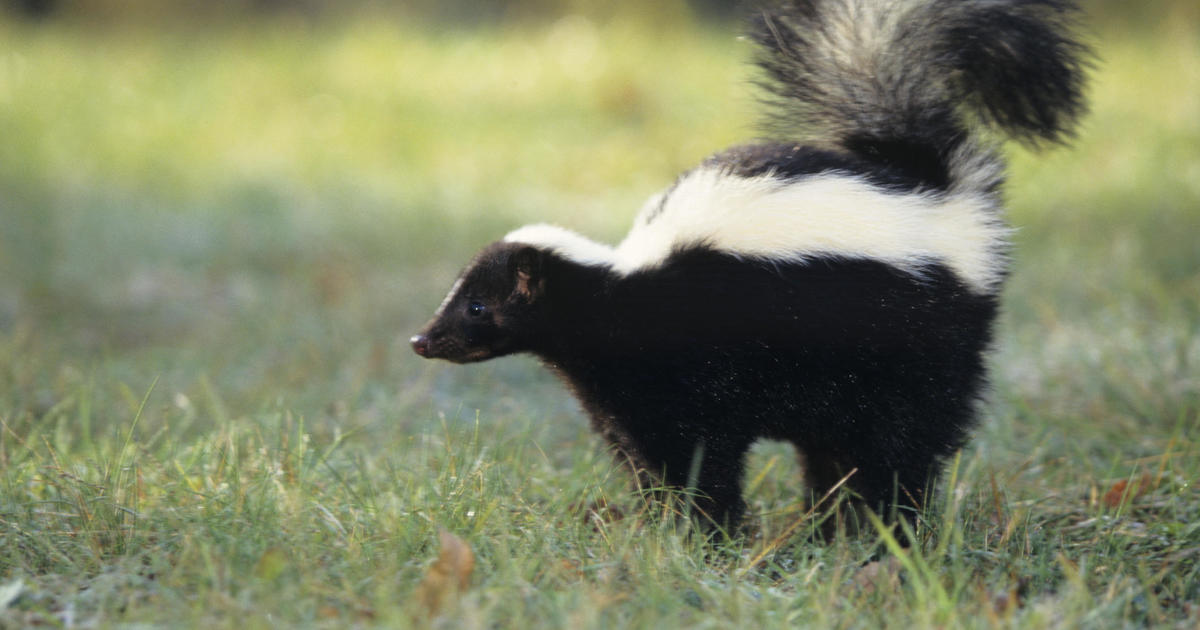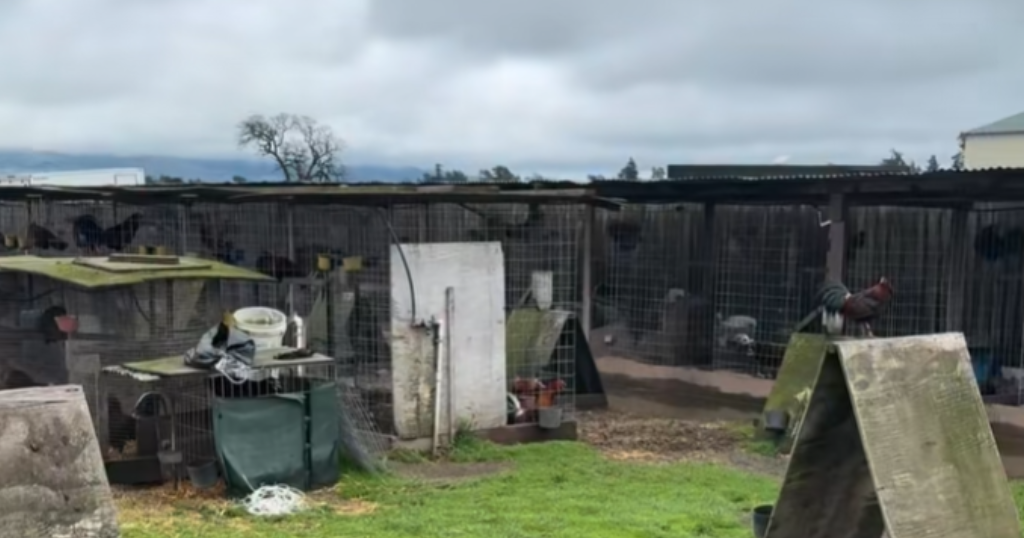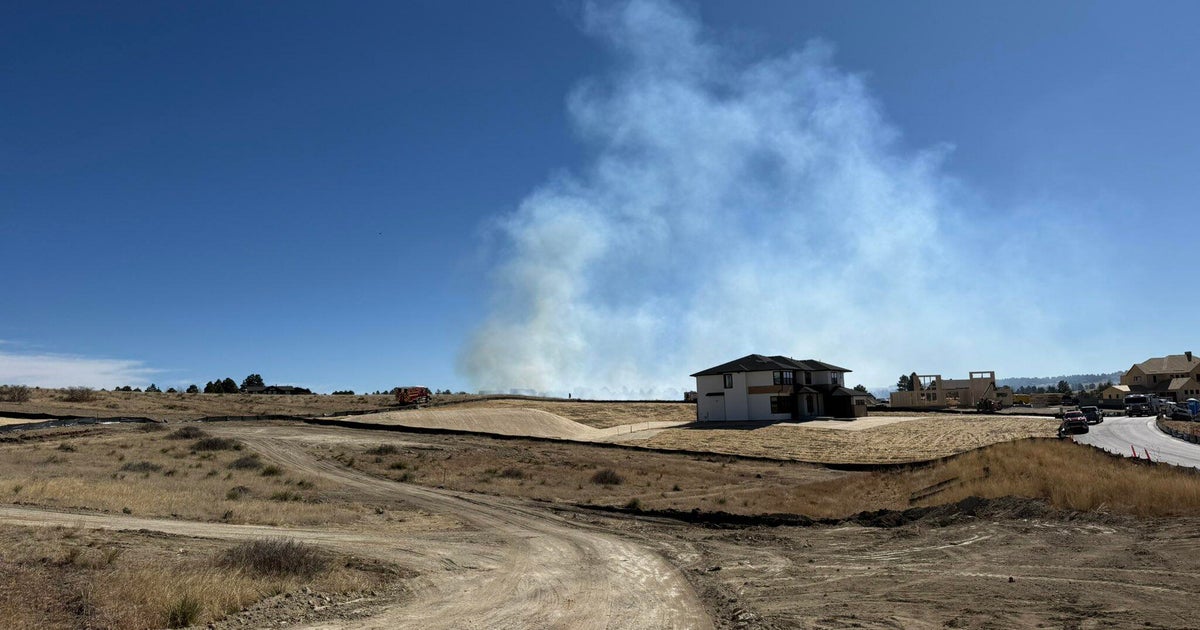Highly contagious bird flu outbreak has wildlife centers scrambling to isolate birds
SAN RAFAEL (KPIX) -- California wildlife officials made an announcement on July 15 that sent shivers through the animal care community: there is a bird flu outbreak.
Three cases of bird flu, or influenza, were discovered in the Sacramento area. Since then, more infected birds have been found in Sonoma County, and now wildlife facilities are scrambling to isolate themselves from the virus.
When 11-year-old Izzy Dettweiler shakes a box of oats, her ten chickens come running. She's cared for them in her backyard for more than a year now.
"I don't really know why. I just saw them once and thought, that is the bird for me," she said.
So how attached has she become?
"Well, I'd say I am in love with them," said Izzy. "If one died, I would cry."
It's the same feeling at Wildcare, a wildlife hospital in San Rafael. They normally have a group of animal ambassadors, from pelicans to a woodpecker, to a turkey vulture named Vlad. They are meant to educate the public during tours, but now the pelicans' pool has been drained and all the resident birds have been sent to other locations. The flu, scientists call 'Highly Pathogenic Avian Influenza,' is deadly to waterfowl, raptors and even mammals that may eat infected birds.
According to Assistant Director of Animal Care, Brittany Morse, it is incredibly contagious.
"It is spread very rapidly through populations, and a lot of the birds that come here hang out in big groups," she said. "So, if we get an outbreak, it could hit us very hard, very fast."
As a result, the hospital has set up a receiving area at the front gate for people dropping off injured wildlife. In the courtyard, the turkey vulture's enclosure has been converted to a kind of outdoor MASH unit that can triage and treat new arrivals without even taking them indoors. Because the virus can be spread just by walking on infected bird droppings, anyone entering the facility must wear shoe coverings.
"It is spread through respiratory droplets. It is spread through fecal particles. It is spread on contaminated surfaces. So that is why wearing shoe covers is so crucial when coming into a facility like this," said Morse.
The plague has ravaged poultry farms back East, killing millions of birds and causing national shortages of chicken and eggs. Now it's in California, and with the Bay Area being a key migratory route, it could spread here in a matter of days. No one knows how long an outbreak could last, but for Izzy's domesticated chickens or Wildcare's feathered ambassadors, the only way to protect them is to keep them as isolated as possible.
"We have never had to do something like this before," said Morse. "One of the common things we say around here is, 2020 COVID with no volunteers was terrible and so hard, but this is harder. This is so much harder."
Wildcare says anyone finding a dead bird, especially a large one, should report it to the California Department of Fish and Wildlife. There's a link to a reporting form on the hospital's website.
